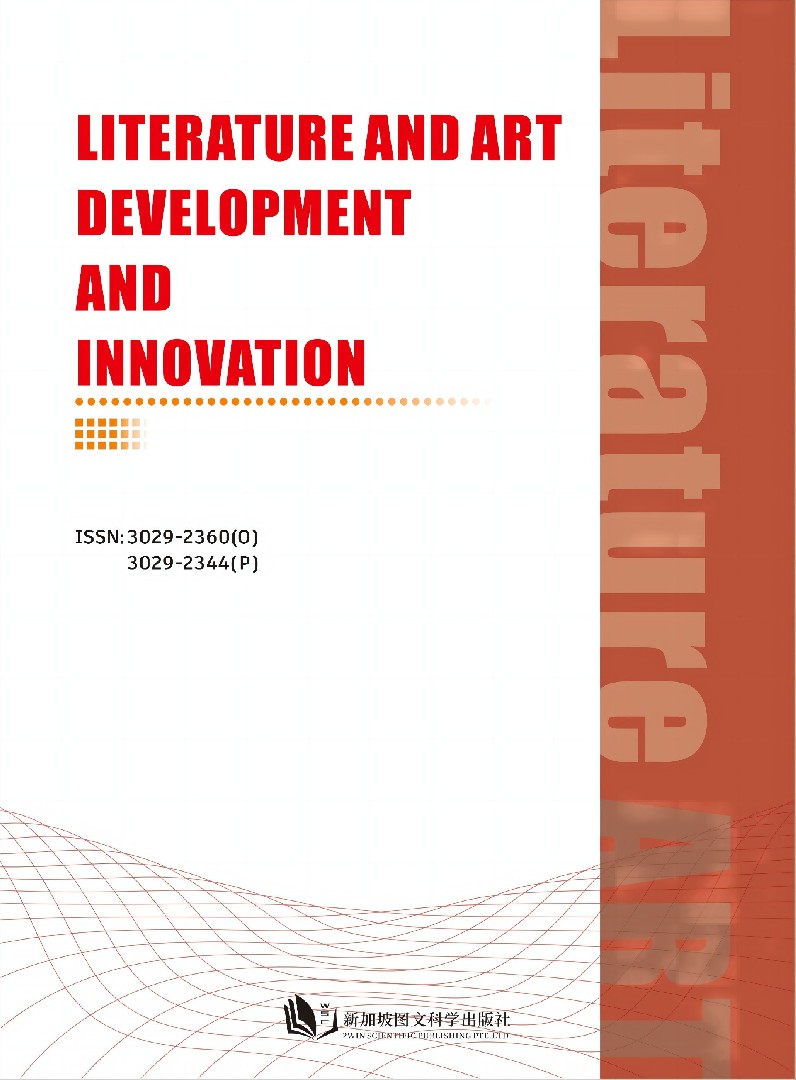作者
Zhimin Teng
文章摘要
In the strategic context of “Telling Chinese stories, Spreading Chinese culture”, an increasing number of translators are endeavoring to study and translate Chinese classics again. It is crucial for a translator to refer to the previous translation versions before he translates. A comparative study of metaphorical sentence translation in Ku Hungming’s and James Legge’s versions is conducted. Based on the research, it is found out that Ku Hungming places greater emphasis on readers’ acceptance whereas Legge focuses more on fidelity to the original text. However, neither version effectively serves the purpose of culture transmission. There are cultural losses in Ku Hungming's translation and sentences translated by Legge literally are always difficult to comprehend. Following the analysis, the conclusion is made that translators should strive for a balanced approach—one that neither overly caters to readers' reception nor rigidly adheres to the original text. Bearing in mind the goal of acquainting the world with more about Chinese culture, translators should adopt greater flexibility in their work. Only by doing so can the cultural elements and the essence of the original text be most preserved and optimally conveyed in cultural exchanges.
文章关键词
metaphorical sentence; translation; Lun Yu
参考文献
[1] Confucius, Trans. James Legge. (2016) The Confucian Analects, Zhengzhou: Zhongzhou Ancient Books Publishing House.
[2] Cuihua Feng. (2005) English Rhetorical Options, Beijing: Foreign Language Teaching and Research Press.
[3]Jingtao Wang, Trans. Hungming Ku. (2019) The Discourses and Sayings of Confucius, Beijing: Zhonghua Book Company.
[4] Lingling Ni, Quanjiang Guo. (2017) Research on the Translation of Metaphorical Sentences from the Perspective of Adaption Theory [J]. Modern Chinese, 10, 152-155.
[5] Nan Wang, (2019) Research on the Translation of Lun Yu----A Case Study of Arthur Waley’s and Ku Hungming’s Versions [J]. Journal of Kaifeng Institute of Education, 39 (8), 46-47.
Full Text:
DOI
